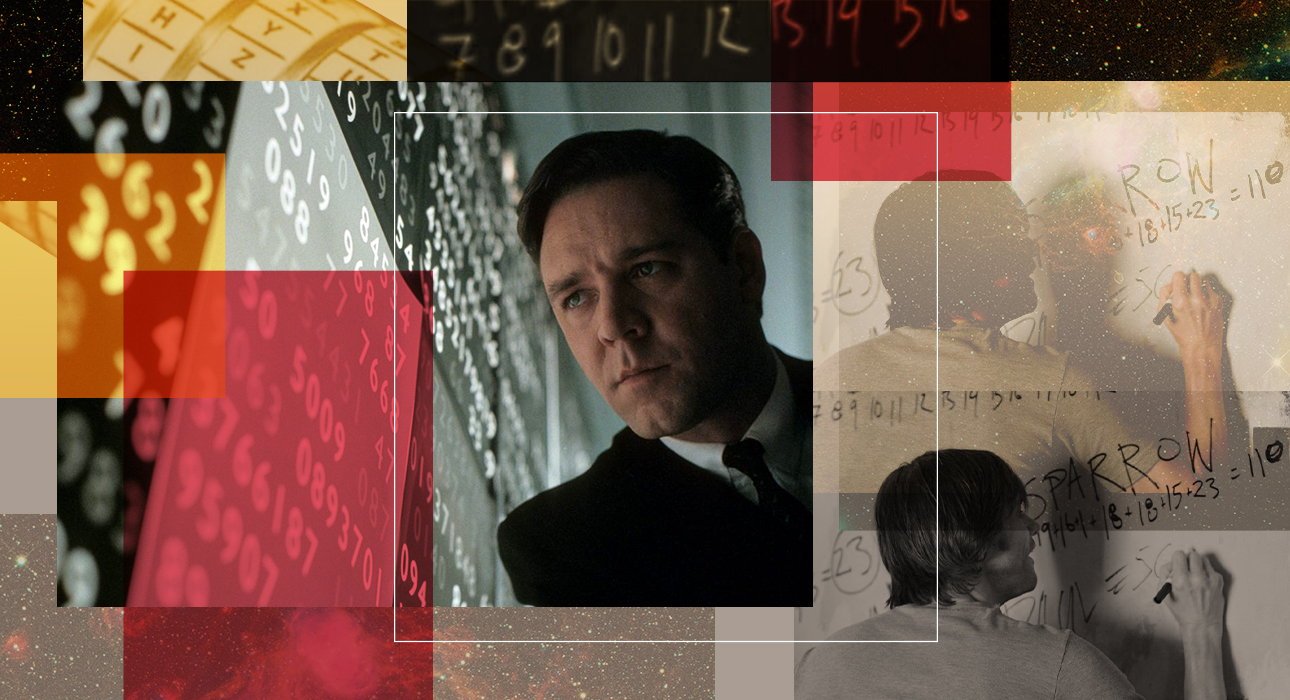“One, two, Freddy’s coming here! Three, four, lock the apartment door! Five, six, Freddy wants to eat you all!” This nursery rhyme from the movie A Nightmare on Elm Street has kept generations awake. And he’s not alone. Take, for example, Stephen King’s story “1408,” about a cursed hotel room located, by the way, on the 13th floor.
You may also notice that in real life there is no 13th row in airplane cabins, and no 13th room in hotels. Of course, there are brave people who have specially made license plates with the number 666, but most people avoid using it even if they are not afraid. Even when you see this number on your check, you feel uneasy.
Why are we still afraid of “deadly” numbers?
Psychologist Khadizhat Shabueva answered this question exclusively for The Fashion Vibes. She explained what numerophobia is, in particular, triskaidekaphobia and tetraphobia, and also shared advice on how to stop being afraid of “deadly” numbers.
By the way, we have already explained why we see repeating numbers everywhere.

Khadizhat Shabueva, psychologist
What’s wrong with the number 13?
Fear of the number 13 actually has deep roots in history and culture. In ancient Greek mythology, the number 13 was considered unlucky because the thirteenth, an evil spirit, would come among the 12 guests at the gods’ meal. In Christian tradition, the number 13 is also associated with misfortunes caused by the Last Supper, which was attended by 13 people, including Judas Iscariot, who betrayed Jesus.
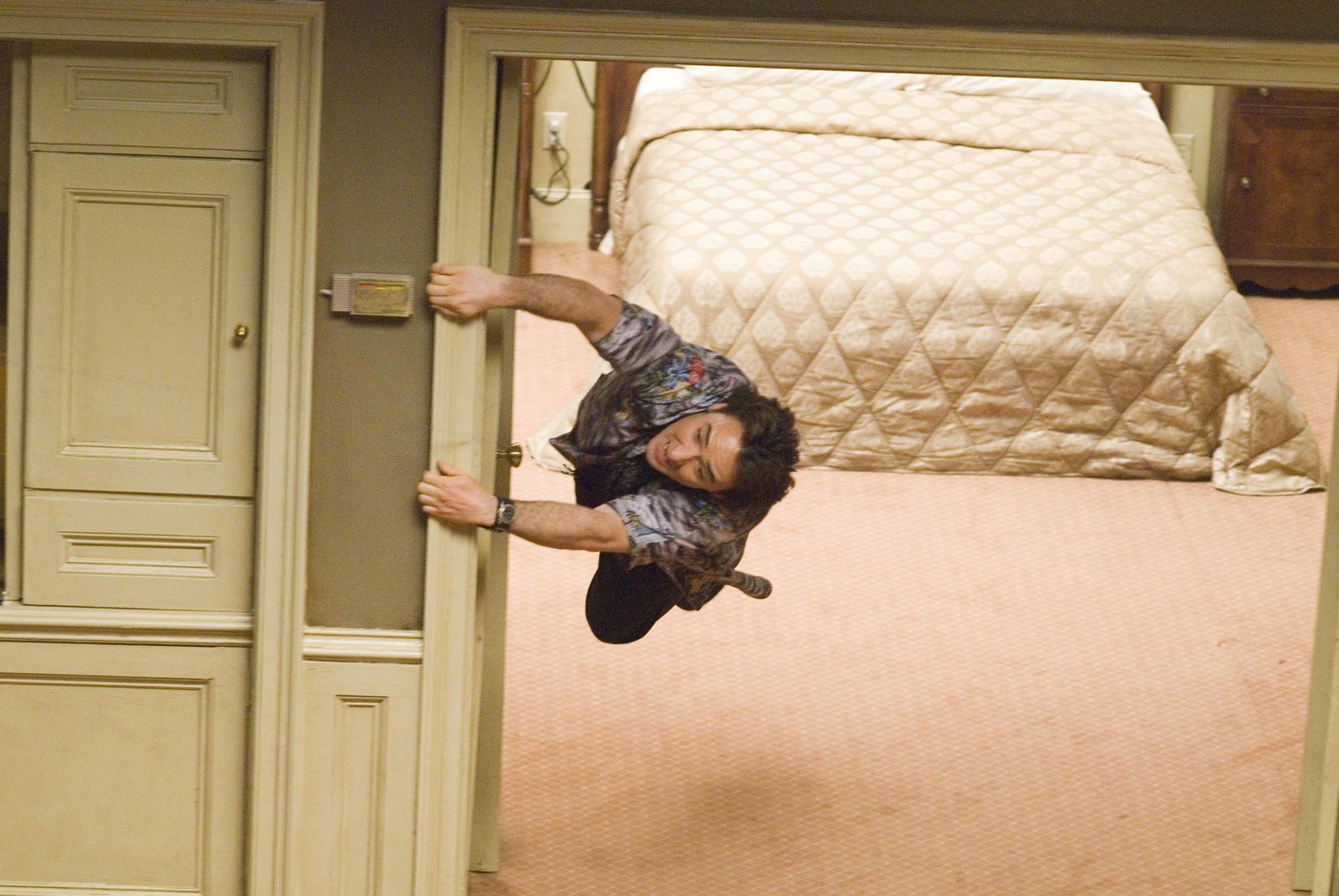
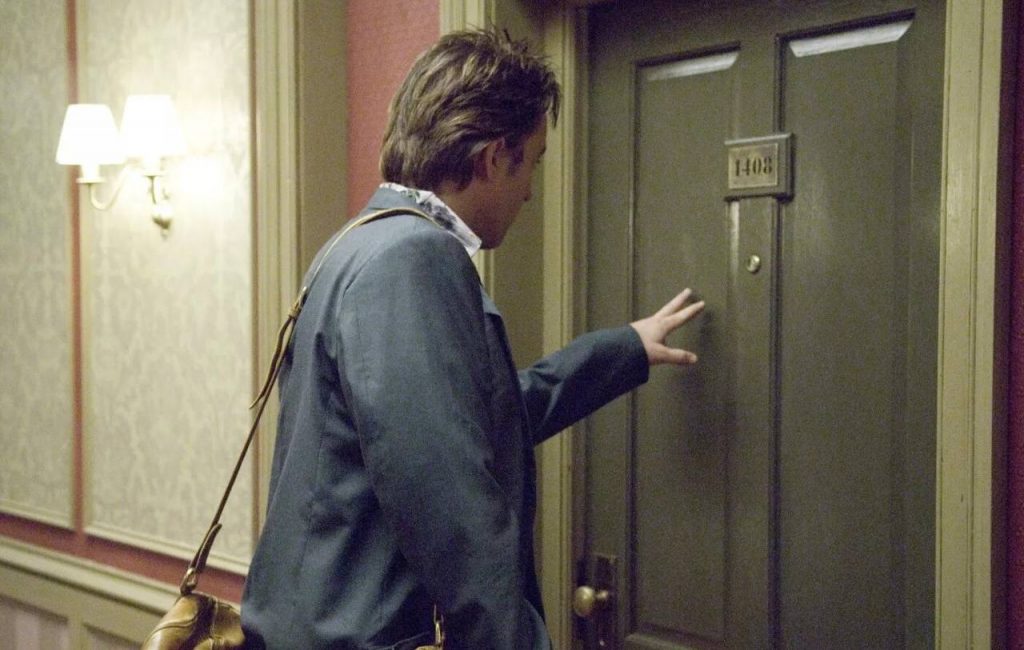
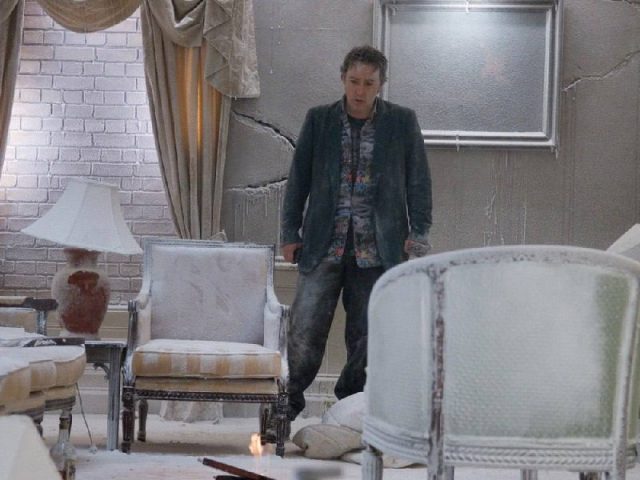
In the modern world, the fear of the number 13 manifests itself in various ways. Please note that some hotels and skyscrapers, such as the Hilton hotel chain, do not have a 13th floor, and some airplanes do not have a 13th row. Even in popular culture, this number is often associated with something malicious. Remember the cult film “Friday the 13th”, where every appearance of this date becomes a harbinger of a nightmare. Many people with numerophobia avoid even leaving home these days. Theologians believe that Eve ate the forbidden fruit on Friday the 13th, and Cain killed Abel. And in the revelations of John the Theologian, the end of the world begins with the 13th chapter. It is believed that on this date 12 witches flocked to the Sabbath, and the 13th guest was the devil himself. It is interesting that Adolf Hitler was also afraid of the number 13.
From a psychological perspective, triskaidekaphobia (fear of the number thirteen) is a type of specific phobia that develops for a variety of reasons. This may be due to cultural heritage, personal experience, or even genetic predisposition to anxiety disorders. Our brain is designed in such a way that we remember negative events more easily, which leads to the reinforcement of fears.
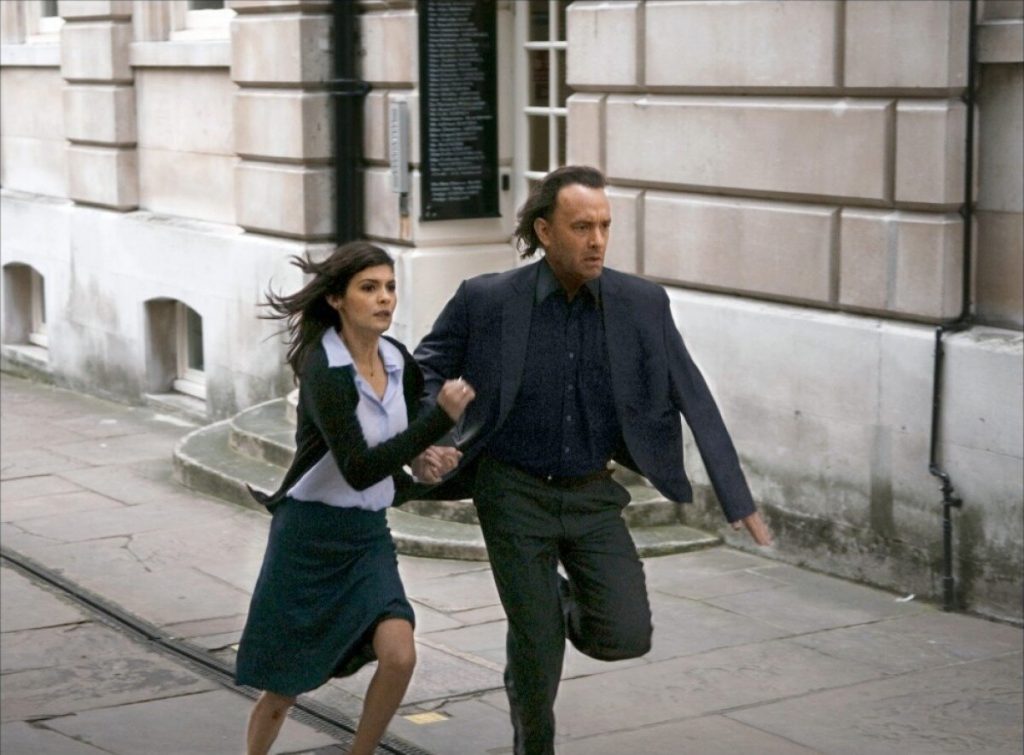
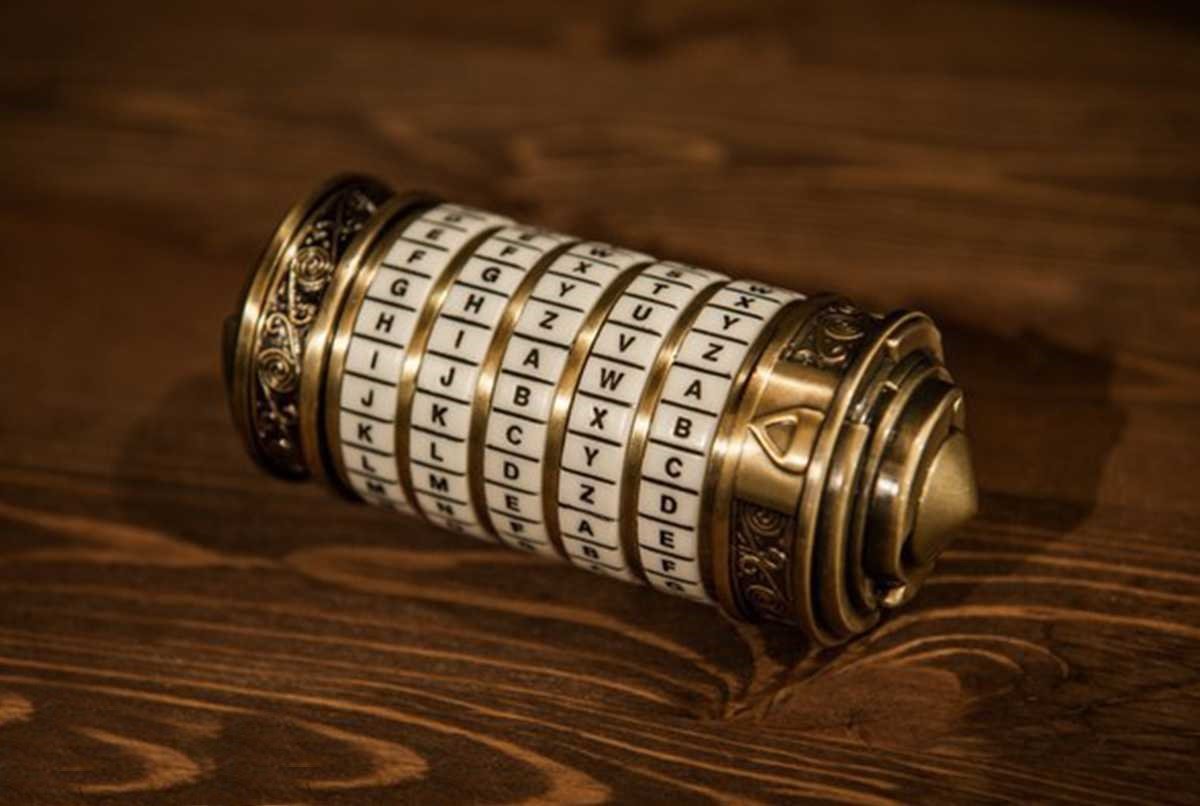
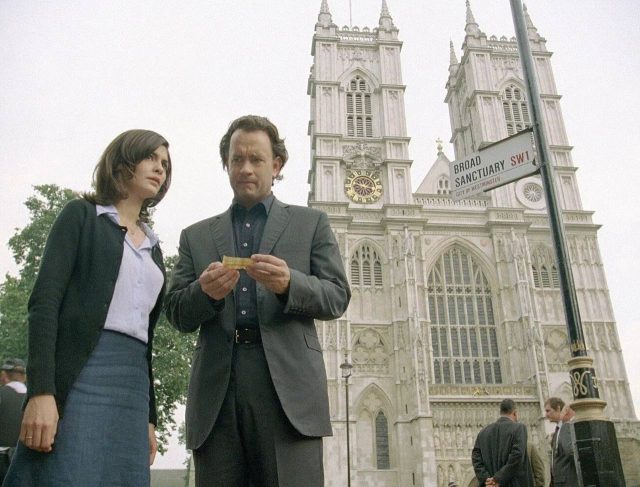
Interestingly, the fear of numbers isn’t limited to Western cultures. For example, in Asia, there’s tetraphobia – the fear of the homophone (i.e. consonant) number 4. Premium. to organise.) The word for “death” in Chinese, Korean, and Japanese.
Fear of numbers can be explained by several psychological mechanisms. One of these is the reinforcement effect, where negative events are associated with a certain number and lead to avoidance of it. Another mechanism is suggestion and cultural influence. We grow up surrounded by superstitions and myths that become embedded in our subconscious.
How to deal with triskaidekaphobia?
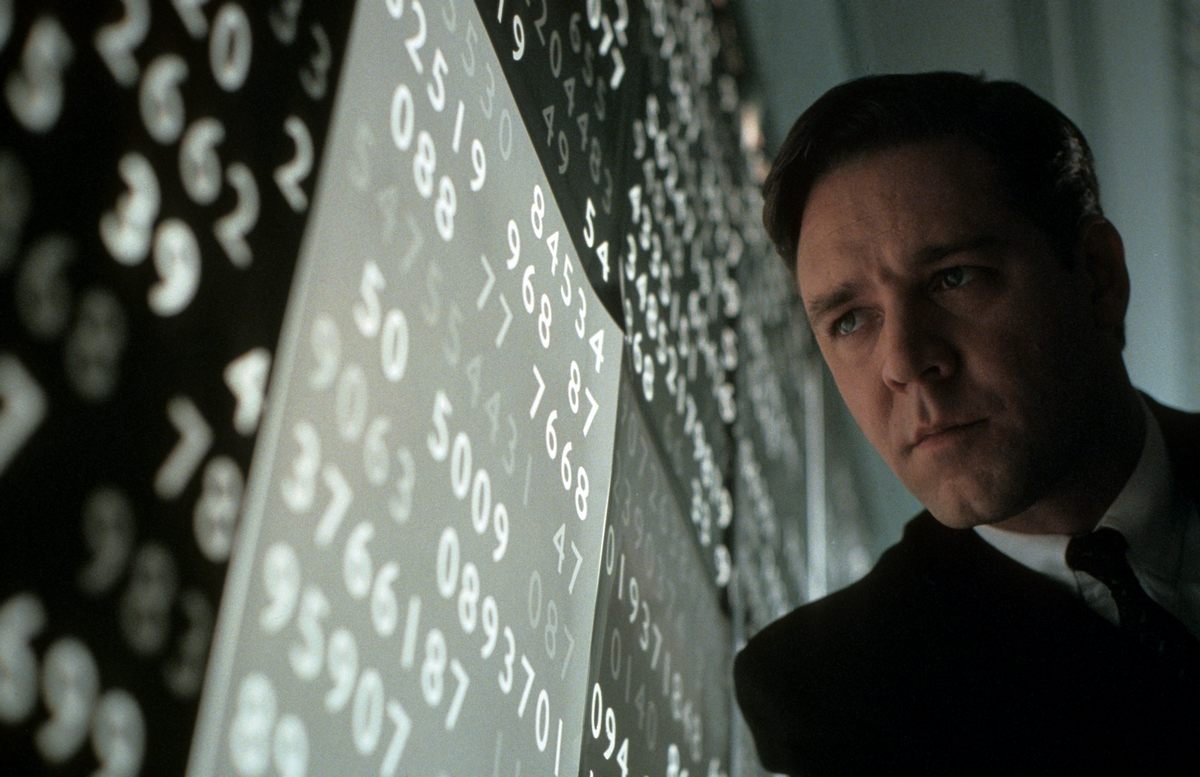
In its severe form, Numerophobia significantly worsens our quality of life, especially our health. In such people, fear is accompanied by chills, nausea, dizziness, trembling in the arms and legs, a feeling of stuffiness, spasms in the throat, shortness of breath and cold sweat. Knowing these symptoms, you can provide timely help to avoid a panic attack.
If you or someone you know suffers from triskaidekaphobia, there are several ways to cope.
Rationalization of fear
Try to find a reasonable explanation for the phobia. Ask yourself: Can the number 13 really affect your life? In most cases, the answer will be no. Find examples that do not confirm the negative attitude, but contradict it.
For example, it is known that many athletes refused to wear the number 13, but as we know, basketball player Steve Nash, who played under this number, achieved great success.
The fact that Jodie Whittaker is the first woman to play the role in Doctor Who and the 13th Doctor also contradicts the preconceptions about this number.
Exposure therapy
Gradually confronting the object of fear will help reduce anxiety. Start by intentionally incorporating the number 13 into your daily life: schedule a meeting for 1 p.m. or choose the 13th seat at the movie theater.
Consult a specialist
If the fear becomes uncontrollable, it may be helpful to consult a psychologist. Cognitive behavioral therapy (CBT) is particularly effective in treating phobias.
Source: People Talk
Errol Villanueva is an author and lifestyle journalist who writes for The Fashion Vibes. With a passion for exploring the latest trends in fashion, food, travel, and wellness, Errol’s articles are a must-read for anyone interested in living a stylish and fulfilling life.

